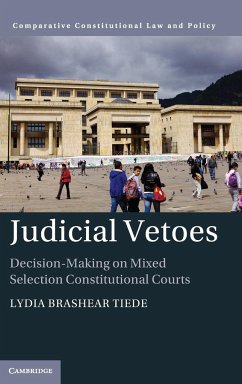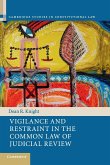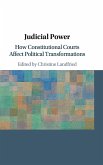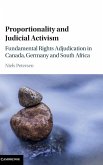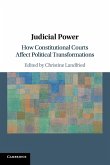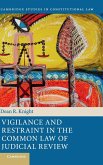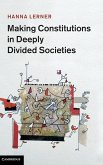"Constitutional courts in many countries seek to constrain elected actors often by striking down or vetoing their laws. A large proportion of these courts select their judges through a mixed selection method which allows different institutions, often branches of government, to each select a specific number of judges to the court. This book investigates how the mixed selection method operates in practice on the Chilean Constitutional Tribunal, and the Colombian Constitutional Court. Separate institutions choose different types of constitutional adjudicators to these two courts who in turn have different propensities for vetoing or striking down laws. The presence of different types of judges appearing on any case and quorum rules inform individual judges' votes and decisions of the full court. Studying the relationship between judges' selector and court composition provides a new approach to understanding individual and aggregate judicial behavior on mixed selection courts. The study employs statistical methods on original vote and case level data and analyzes legislative histories, cases, and information gleaned from interviews to understand decision-making under this selection method. The study has implications related to how judicial selection and other institutional rules influence policy."--
Hinweis: Dieser Artikel kann nur an eine deutsche Lieferadresse ausgeliefert werden.
Hinweis: Dieser Artikel kann nur an eine deutsche Lieferadresse ausgeliefert werden.

